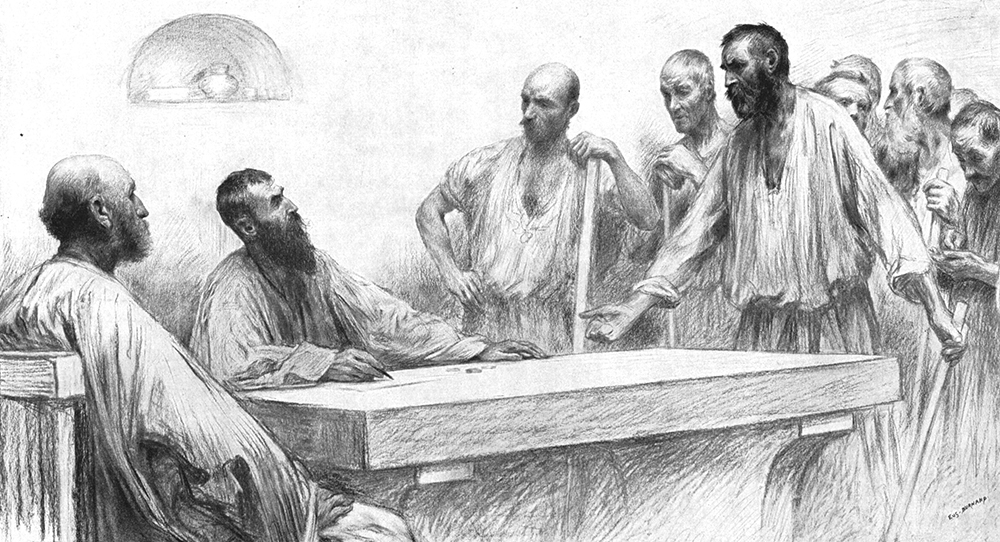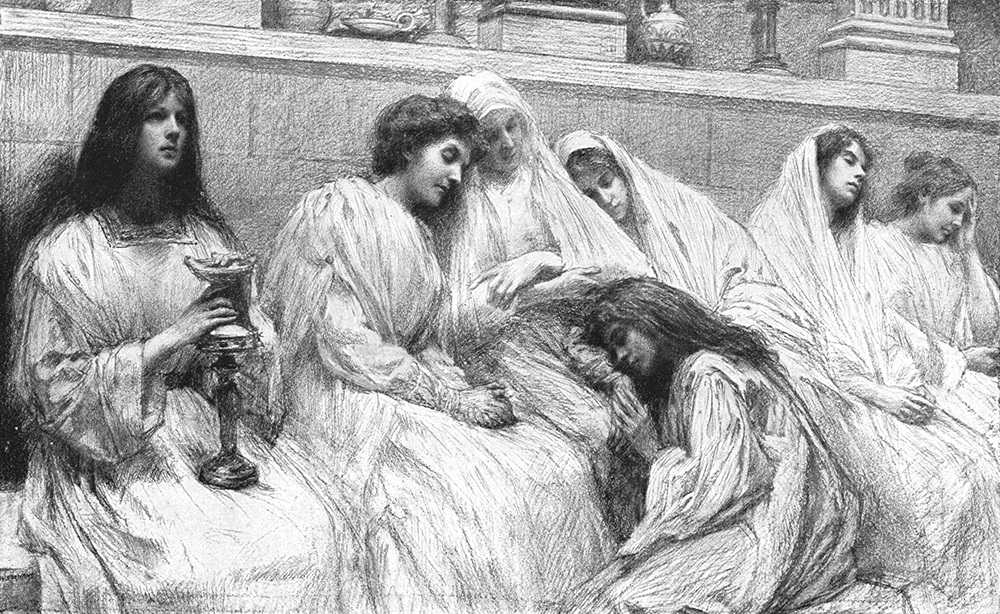Email Subscription:
The Parables: The Generous Landowner
Each parable Jesus uses is meant to illuminate some spiritual principle or value unique to the Kingdom of God that we don't really understand very well by getting us to engage in a story that we do understand and perhaps have even lived. Parables usually begin by saying something like, "The Kingdom of God is like..." Parables are stories that allow us to compare earthly values to Kingdom values and lifestyle. So when read a parable, we need to ask what principle(s) is this story trying to illuminate or describe.
In the Parable of the Generous Landowner, found in Matthew 20:1-16, we must turn to Matthew 19 to find the question Peter asks that this parable is meant to address. In Matthew 19, we find the story of the rich young ruler who comes to Jesus seeking a deeper more meaningful life. Without going through all of the details of that story, Jesus finally tells him to sell everything and follow Him. He chooses not to, however, and goes away sad.
The disciples are watching this conversation unfold and are wondering about their own future. Give everything away as the means to eternal life? Inviting him to become part of their exclusive group? What are we doing this for, what's in it for us?
Actually Peter says it best, "Peter answered him, “We have left everything to follow you! What then will there be for us?” (Matthew 19:27)
It sounds like Peter feels entitled to more or at least expected more. God's grace is fantastic when we first receive it, but as time passes and we work for the glory of God, we feel entitled to something more. Suddenly God's grace doesn't seem so fair when it flows into the lives of others who come to faith rather late in the game. Will our sense of entitlement shut the door on Grace?
Jesus tells the parable of a Landowner who hires people to work in his fields at regular intervals throughout the day BECAUSE they have not found productive work, no one has hired them. There is a sense of compassion and generosity displayed by the Landowner. The core of the story comes when the Landowner pays them all the same wage, those who were hired for only one hour are paid the SAME as those who worked all day. Naturally, based on human competitive spirit, those who were hired last grumble because they expected more. If those who worked one hour get a certain amount, surely we will get many times that amount, so the logic goes.
I think the point of Jesus' story is that God gives gifts, not wages. We, as Christians, have been called to work in the fields, to have a purpose to serve, and a reason for living. If we're keeping a scorecard and a balance sheet, we've missed the generosity of the Master in the lives of others and in ourselves. We have no right to complain, for God chose us, we didn't choose him.
This is a much harder teaching than most of us can bear. Will the people of the church rejoice when new comers sit at the same table with saints of old? Will long time members be willing to go to the back of the line, for according to Jesus: "the first will be last and the last will be first."
You decide. Are you able to rejoice in the new life others have come to know and accept, or are you only looking for what's coming to you when you get paid?
Listen to this week's message. It may just challenge you to serve your church, community and God with renewed passion.
Parable of the Generous Landowner, Matt. 20, Early, 5.11.14
Parable of the Generous Landowner, Matt. 20, Late, 5.11.14
Sermon Notes 05.11.14 Parable of the Landowner
Worship Slides 05.11.14 Parable of the Landowner






I would be most grateful if you could at least get the artist’s name correct.
It is Eugene BURNAND.
Thanks
Doug